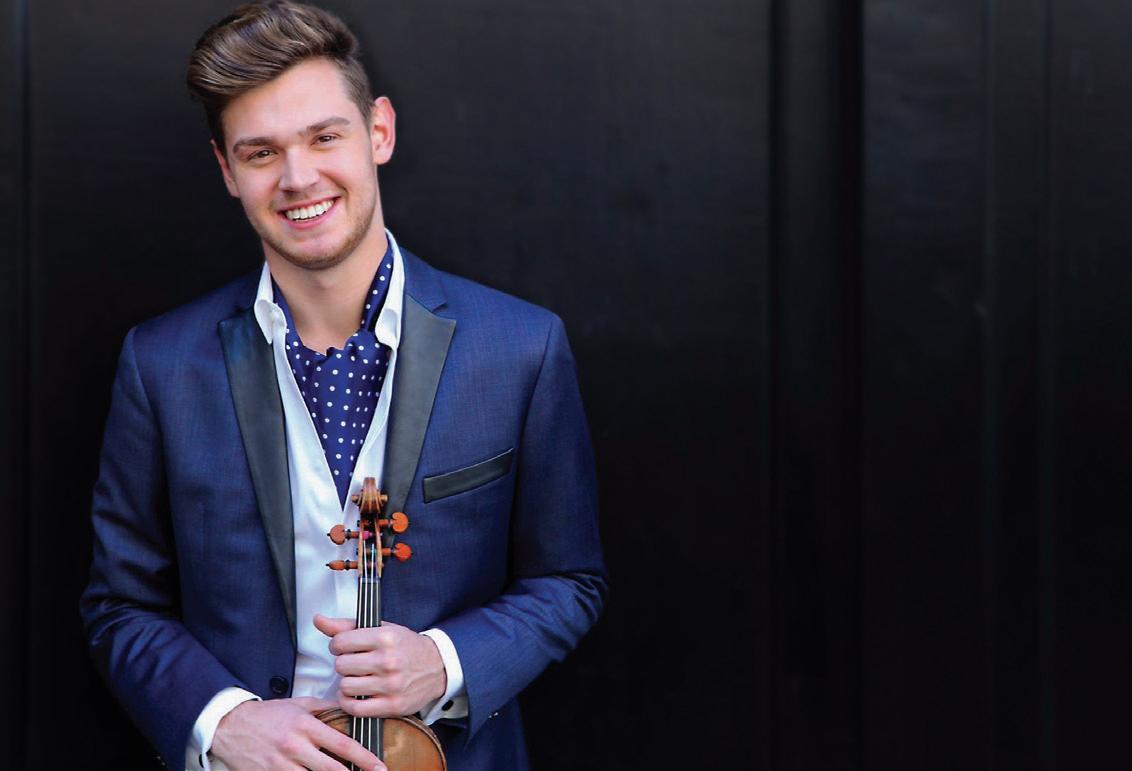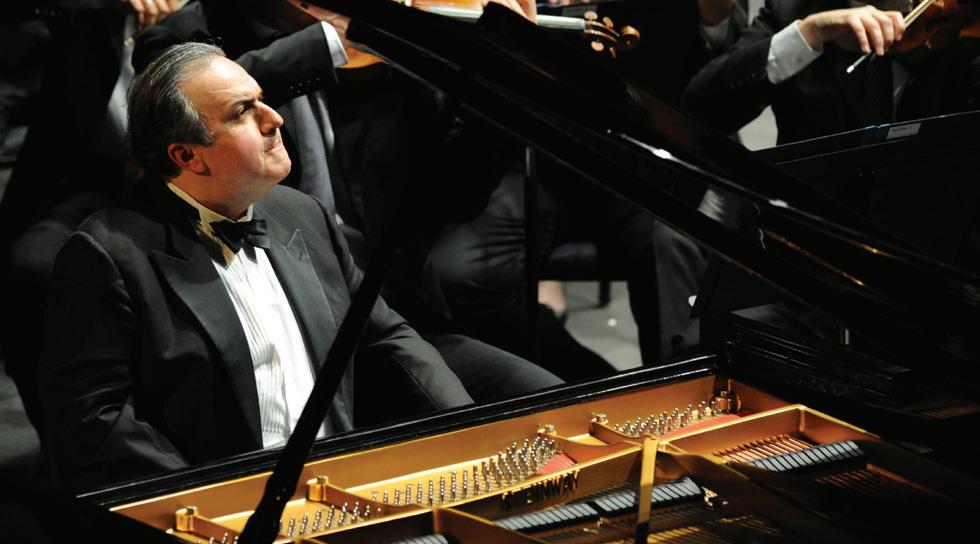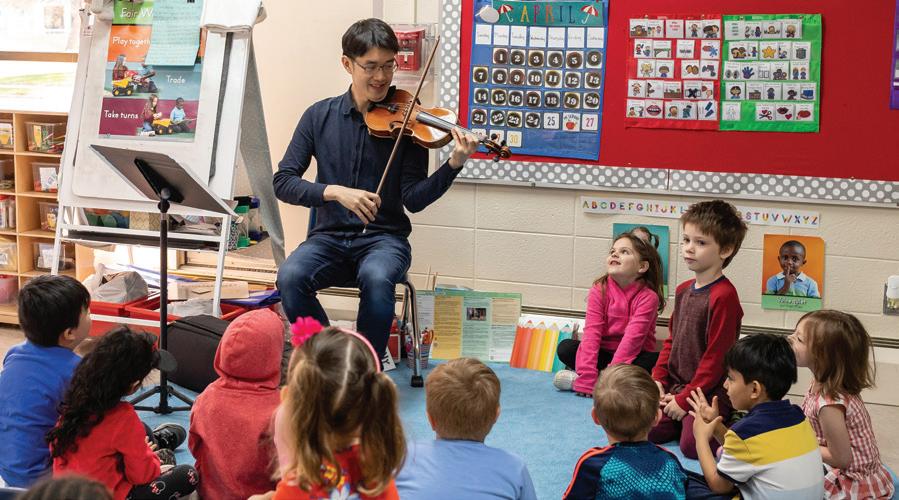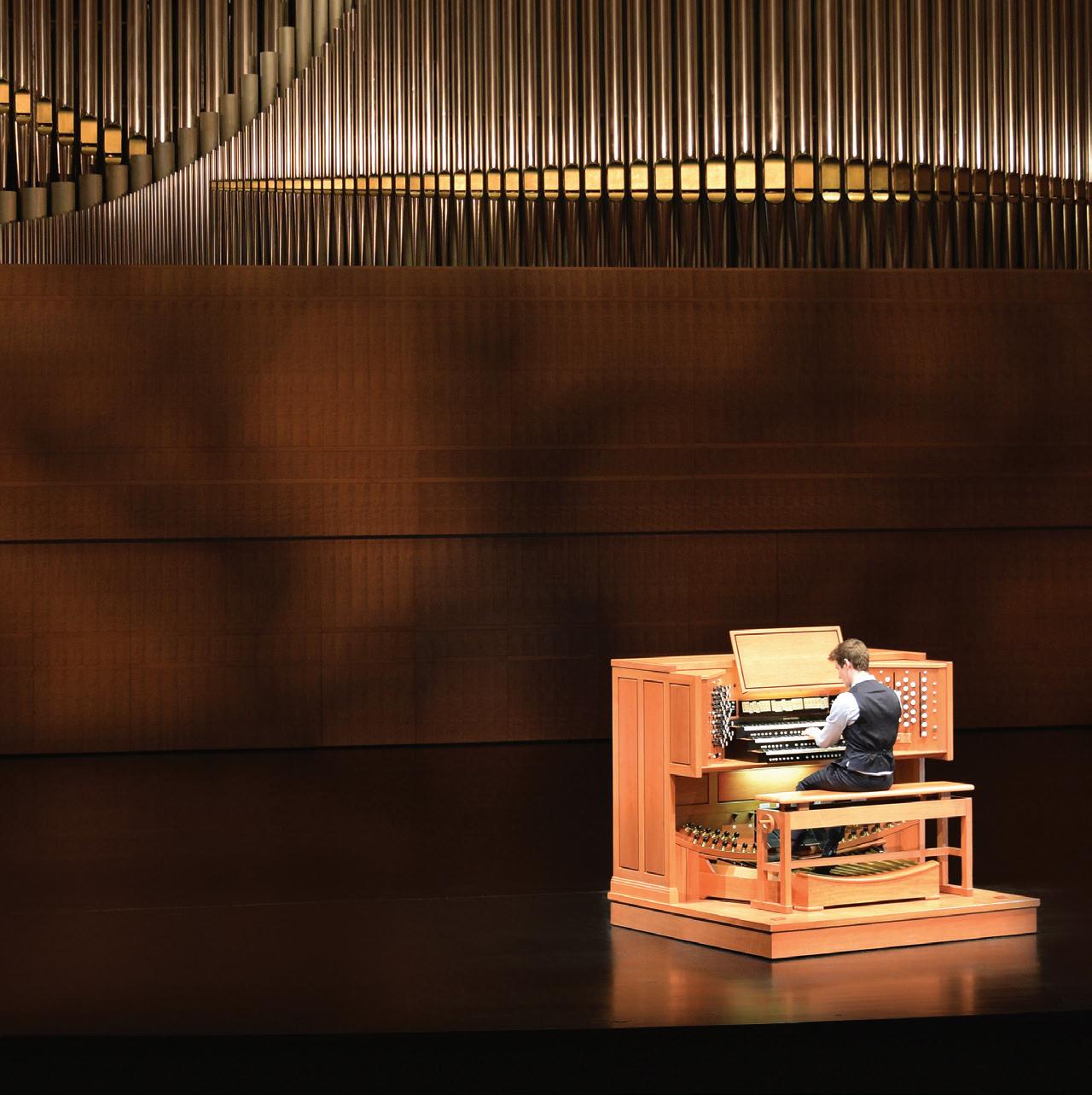
1 minute read
Dvořák Requiem
FEB
Ann Toomey Soprano
Discover more: madisonsymphony.org/requiem
DVOŘÁK REQUIEM
Composed at the peak of Dvořák’s career, the Requiem is a profound expression of his genius. Julie Miller Mezzo-soprano
by John DeMain
It’s no secret that I am a huge fan of Dvořák’s music and try to program his work as often as possible. It is also important to me to research and explore pieces by the great composers such as Dvořák that we haven’t yet performed. Such is the monumental Requiem. This is a wonderfully melodic work, and we have four really beautiful voices to sing their extensive solos. The chorus has thrilling sections to sing including a very exciting and dramatic Dies Irae. Dvořák, being a devout Catholic, follows the form of the Requiem Mass, but adapts the work for the concert stage. The result is a concert of
John DeMain, Conductor Madison Symphony Chorus, Beverly Taylor, Director Ann Toomey, Soprano Julie Miller, Mezzo-soprano Eric Barry, Tenor Matt Boehler, Bass Dvořák Requiem
EXCLUSIVE SPONSOR:
Rosemarie Blancke, in loving memory of Fred Blancke
breathtaking beauty as only Dvořák can compose. This is our first performance of the work, and Beverly Taylor and the Madison Symphony Chorus, singing beautifully these days, are deeply committed to plumbing the depths of the deeply felt and often inspired choral writing. The orchestra, of course, will play a big romantic role typical of Dvořák’s instrumental writing of the period. This piece was a resounding success at its first performances in Czechoslovakia, and I know you will be thrilled to have a chance to hear it performed LIVE here in Madison.
Friday, Apr. 3 7:30 p.m. Saturday, Apr. 4 8:00 p.m. Sunday, Apr. 5 2:30 p.m.
Eric Barry Tenor
Matt Boehler Bass
Program Notes Excerpt to discover more, visit madisonsymphony.org/requiem The Latin Requiem is a daunting choice for any composer, both in the challenge of the texts themselves, and in the idea of stepping into a venerable tradition. The first polyphonic settings of the text were composed in the 15th century, and there is an unbroken tradition of Requiem settings that continues down to our own day: there are hundreds of settings of the complete Mass for the Dead, or its individual movements. – Michael Allsen





